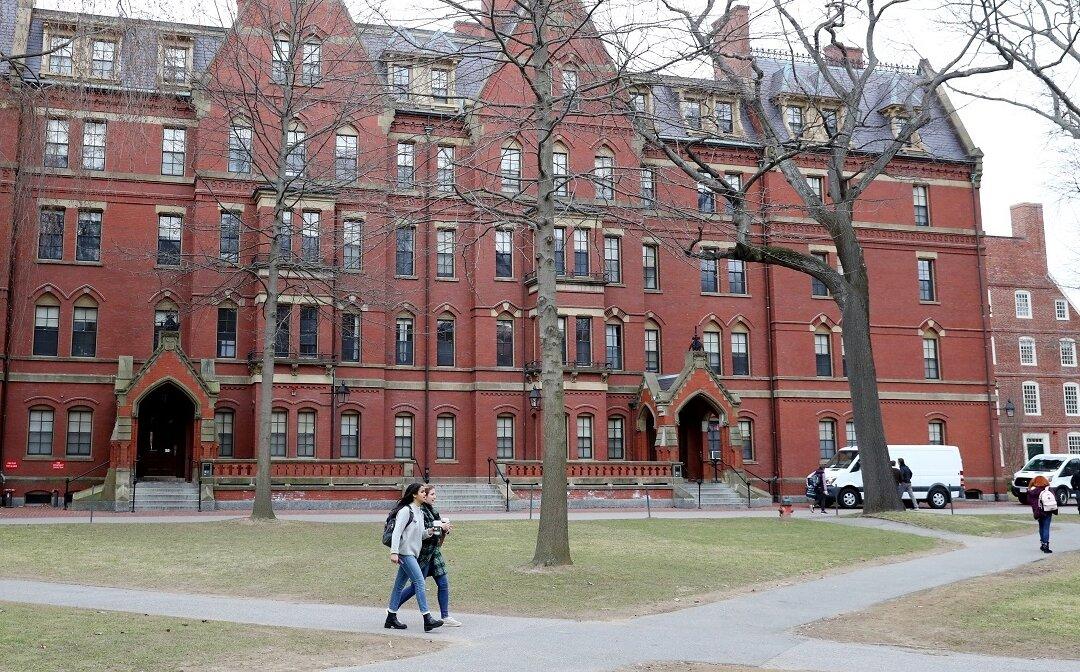A former Harvard Medical School employee and his wife were among six individuals to be indicted by a federal grand jury on June 14 after allegedly stealing human body remains—including the corpses of two stillborn babies—from both the school and an Arkansas mortuary and selling them to buyers across the country.
Cedric Lodge, 55, of Goffstown, New Hampshire, and his wife, Denise Lodge, 63, were indicted on charges of conspiracy and interstate transport of stolen goods, according to the U.S. Attorney’s Office for the Middle District of Pennsylvania.




